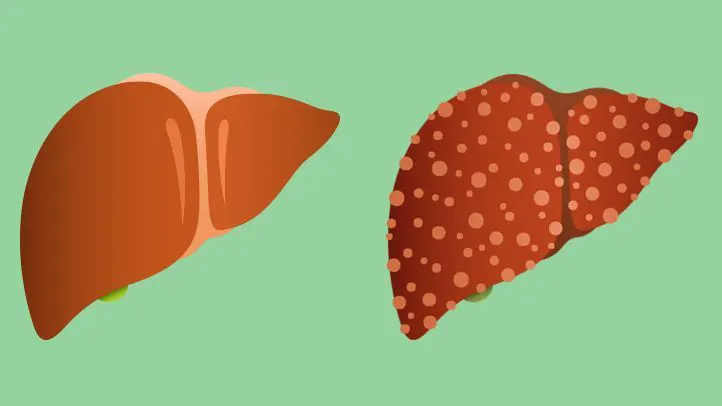Liver disease can be a complication of inflammatory bowel disease (IBD), such as ulcerative colitis (UC) or Crohn’s disease. The liver, which is the factory and sewer of the body, makes proteins, breaks down toxins, and also makes bile, can develop inflammation if IBD isn’t treated appropriately. Unfortunately, some drugs used to treat IBD may also damage the liver.
According to a research review published in the World Journal of Hepatology, up to 30 percent of people with IBD have liver abnormalities and 5 percent are diagnosed with chronic liver disease.
Considering the increased risk, it makes sense to take precautions. Laura Raffals, MD, a gastroenterologist at the Mayo Clinic in Rochester, Minnesota, recommends that people with UC have their liver enzymes checked annually. It’s also wise to be aware of the common symptoms of liver disease so you can address the problem before it gets worse. According to the Crohn’s & Colitis Foundation, these symptoms include the following:
Here are five conditions related to the liver or ducts that transport bile (a fluid produced by the liver that helps with digestion) that may develop alongside ulcerative colitis.
Primary sclerosing cholangitis (PSC) is the main form of liver disease associated with ulcerative colitis, says Donald Jensen, MD, a hepatologist at Rush University Medical Center in Chicago. Around 60 to 80 percent of patients with PSC also have IBD, most often ulcerative colitis, notes the National Organization for Rare Disorders.
PSC causes scarring of the bile ducts that drain bile from the liver to the intestine. While PSC was once thought to target middle-aged men, that perception may be changing. According to a European study published in the Spanish medical journal Gastroenterología y Hepatología, nearly half of the participants with PSC were women, which was higher than expected. Research published in Gastroenterology concluded that about 8 percent of people with IBD have PSC, but more than half of people with PSC develop some form of inflammatory bowel disease. “We don’t know why they’re connected, and there is no effective treatment for PSC,” says Dr. Jensen.










